So, everyone knows that being environmentally friendly and living a sustainable, zero-waste lifestyle is now more important than ever, right? Given the current state of the climate and the harm it’s doing to our planet, it’s pretty much a no-brainer that in order to sustain our Earth, things need to change — now!
We’re not saying that everybody needs to go vegan or live 100% waste-free (although, let’s face it, that would solve a lot of problems), but if everyone made a few small lifestyle changes, the world would be a lot better off for it. Being a ‘foodie’ and environmentally conscious can be tricky. Being faced with so many single use plastics with minimal alternatives every single day is a challenge — not to mention, the ethical foods dilemma!
We’re here to share our ultimate tips and tricks, product recommendations and our ethical food guide, to help you make the right choices and reduce your carbon footprint.
Eating out and ordering in
Sustainable products to invest in: With eating out or ordering in comes a lot of waste — it’s inevitable. From the plastic throw-away utensils to the numerous napkins and straws one uses, it all adds up to quite a hefty amount of unnecessary waste. In order to reduce this waste, we recommend investing in a few sustainable products that can significantly decrease the amount of single-use plastics you’re using.
- Instead of grabbing a couple of napkins at every food establishment you enter, carry around a handkerchief with you when you go out. Use it, wash it, re-use it — it’s as simple as that!
- Invest in a reusable coffee cup/flask. Not only are you helping the environment but many coffee shops offer a discount for bringing in your own reusable cup.
- Buy a reusable water bottle. Instead of buying multiple plastic bottles a week, invest in a nice reusable one instead.
- Say “no thank you” to those single-use eating utensils and instead whip out your cute and convenient spork! Reusable chopsticks would be another great alternative if you’re so inclined.
- Instead of asking for a doggy bag at the end of your meal, bring your own tupperware. Bring it in with you or leave it in your car, ready to use when needs must.
- Save the turtles! Invest in some reusable straws and carry one around with you whenever you’re going out and craving a beverage.
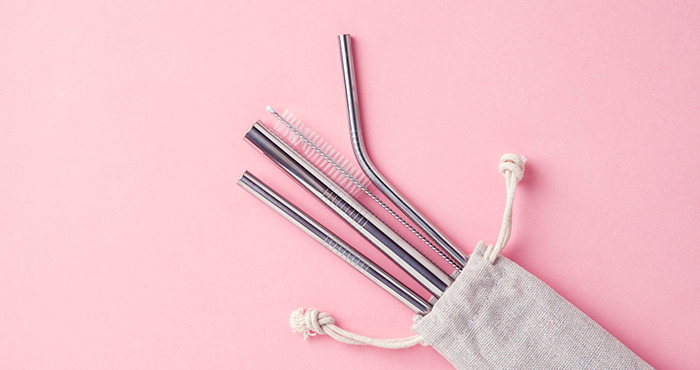
What’s the most environmentally-friendly food choice to order? When perusing a menu and deciding what to order, you might want to reconsider the options which are the most harmful to the environment. In general, beef, pork and lamb are the most harmful meats to consume. This is because of the harmful gases found in the animal waste (such as methane), which pollute our air, water and soil. Raising these animals also requires a lot of land-mass and water — two resources which are dwindling. If you ever wondered why environmentalists are always harping on about going vegan, it’s because it’s believed that our livestock farming industry is responsible for 14.5% of global greenhouse gases, which is more than all of the carbon emissions produced from cars all over the world, combined!
So, the next time you’re wondering what to order, think about choosing a veggie or vegan option. Try a vegetable chow mein or a classic margherita pizza instead. We know that eating out is often a treat for a lot of people, and you want to be able to enjoy yourself and eat whatever you want. If you really can’t give up the meat but want to be eco-friendly, then we recommend opting for a chicken or turkey dish instead of a beef, pork or lamb based dish. These birds don’t produce any methane, plus they require less food and water than other animals. For instance, try a creamy chicken tikka masala or a buffalo chicken burger — delish!

Read more about how to eat ethically with this rare Irish beef breed
Eating In
When it comes to cooking and eating at home, you have a lot more control over the food waste you’re producing — which is great!
How to eat well with zero-waste: When you’re out doing the weekly food shop, you might notice that nearly everything comes in single-use plastic wrappers. It goes without saying that this is not good for the environment. In order to tackle this issue, try and buy as many zero-waste products, as you can. If you find this a bit daunting, then start small. Buy loose fruit and veg without any packaging, when possible. Throw them all in together, in a reusable fruit and veg bag. You can pick these up in various supermarkets or even online.
Once you’ve mastered fruit and veg, it’s time to tackle everything else. We know what you’re thinking; “But how am I supposed to buy things like washing up liquid, shampoo, crisps, honey or even cooking oil, waste-free?”. Well, as it happens, Ireland is blessed to have numerous ‘zero-waste’ shops dotted around the country. There’s The Source Bulk Foods in Rathmines, Twig Refill in Clonakilty, Co. Cork, reuzi in Foxrock and Little Green Shop, which is an online retailer — along with many more! These shops offer people organic, sustainable and waste-free alternatives for all of their household and food essentials.
Alternatively, an easy way to cut down on food packaging waste is to simply buy in bulk. Buying the larger sized products, which have a relatively long shelf-life, once every 2-3 weeks as opposed to smaller sized products once a week is definitely better for the environment, and will more then likely end up saving you money in the long-run.

Read more about this packaging-free store, newly opened in Dublin
How to be eco-friendly in the kitchen? Here are some simple ways to help the environment, right from your very own kitchen. First of all, start composting. Recycling is all well and good in theory, but in reality composting is the way forward, and ultimately better for the environment. Nowadays, there are so many options when it comes to compost bins, meaning there really are no excuses. Whether you live in a flat, a basement, a loft or a townhouse, there’s a compost bin to suit everyone! Do some research on the type of compost bin you’re looking for and implement it into your everyday lifestyle.
Another way in which you can help the planet is to use your dishwasher. Controversial, we know. However, research published in the International Journal of Consumer Studies has revealed that, on average, dishwashers use up to 13 litres of water on a quick cycle, opposed to the 140 litres of water used whilst hand-washing — making dishwashers the most eco-friendly option by far! Keep that in mind the next time someone nags you to do the dishes.
There you have it — simple ways to reduce your carbon footprint while living a fulfilling ‘foodie’ lifestyle.
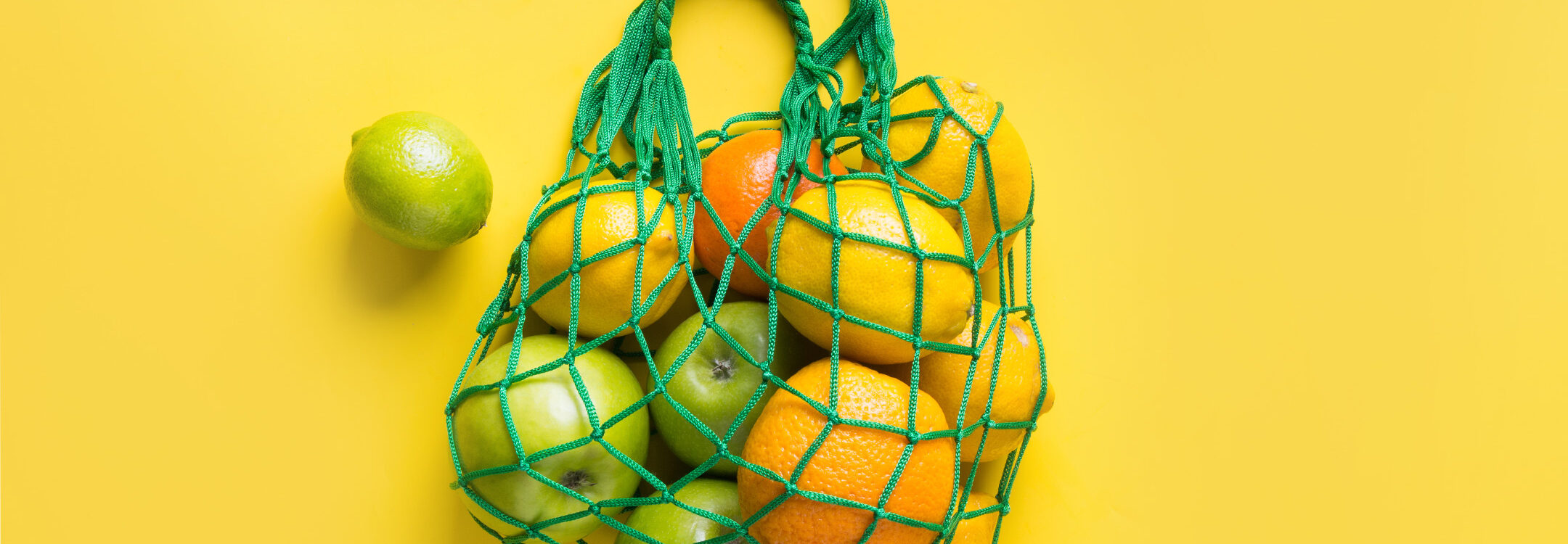
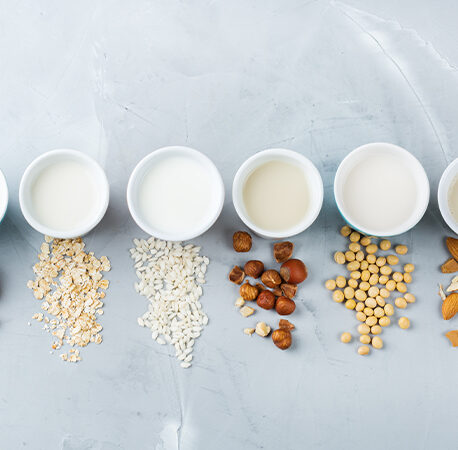
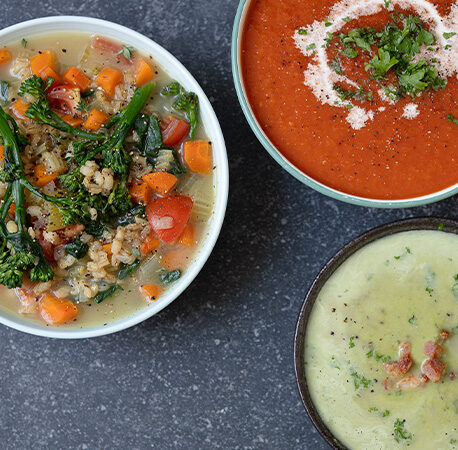

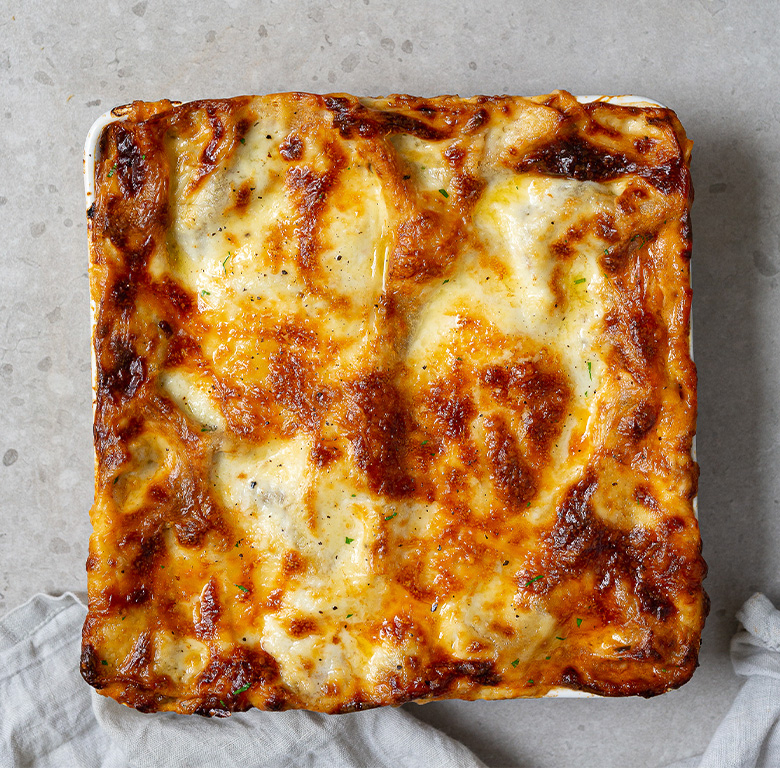
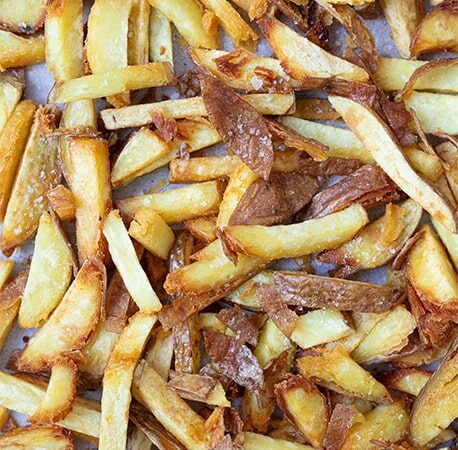
You have to be signed in to comment this post.